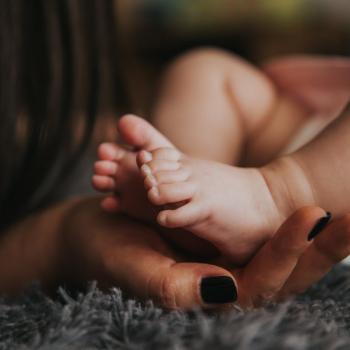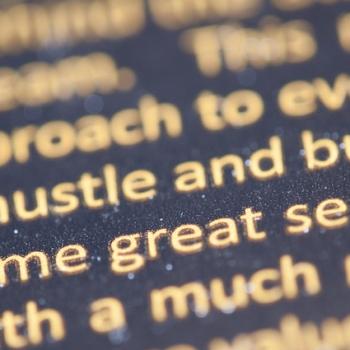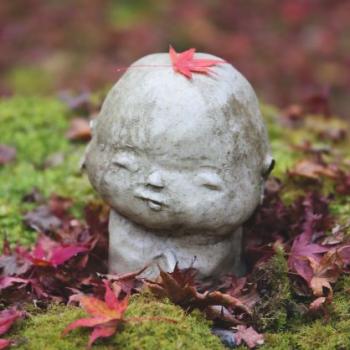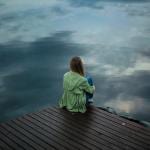
“Knowing how to be solitary is central to the art of loving. When we can be alone, we can be with others without using them as a means for escape.” Anonymous
We are currently experiencing the COVID-19 pandemic. It has required us to practice what is known as social distancing. Americans seems to resist any thing that we believe limits our freedom. Even when the limitations can save our life, we like to think we know what is best for us (even when we have very little information to base those decisions upon). I suppose most people reading this will remember the crisis and will be able to identify with one view of the other of this isolation that was required of us, either by choice or by force.
There is a part of me that believes that some people like isolation better than others. I have always identified as an introvert, but I also seem to crave approval and acceptance. I am like a hermit in a cave that occasionally must come out and say, “What do you think of this?” I suppose many writers and artists feel that way. We enjoy the solitude, but occasionally we crave that someone would enjoy what we’ve created. It’s primarily for us, but we also have secondary desires to see it affect someone else.
The situation we are in has me thinking about the difference between solitude and isolation. Is there a difference and does it even make any difference whether I an introvert or not? Like most things, I’m not disciplined enough to do a lot of research, I would rather just tell you about what I am inclined towards. I’d rather just let people correct me later and try to remember to thank them and not take it personally.
Isolation seems to bear with it the negative image of being pushed away or running away. By its nature, it seems to indicate that we are not being allowed to do something or we are avoiding something we should or could be doing. In its simplest forms, maybe it’s not our primary choice, but something we were coerced into or led to by our poor choices. Solitude seems to be a much better option. Even though technically it is similar, the reviews and results seem to be much more positive.
Solitude seems to be a positive choice we make. It is moving toward rather than running away from something. It is when we step back and breathe and go inward. In solitude, we disconnect to the outside and connect to the internal. It is an attitude or mindset that seems spark our creativity and inner strength. It helps us to know ourselves better and map our lives in an authentic way. Maybe it is an attitude—maybe it is a mindset—maybe it is a purposing. All I know is that I crave it these days. Even if I am being forced, I find fulfillment in solitude.
It is true that we need connection and we seemed to be hard-wired for it. But, in our modern communities, we seem to always be doing. We convince ourselves that the road to fulfillment is in always have something to accomplish. The to-do list is our manifesto, and, in the process, we forget who we are. And, in response to our need for connection, our religion can become just being with people; but because we are not authentic and grounded, we never really connect, and we return to our isolation feeling defeated. My hunch is that if we would realize we need solitude and apply it effectively, we would better be able to navigate our lives with authenticity and strength, instead of recklessly accumulating friends and accomplishments for no real gain.
I remember learning about contemplative prayer and discovering that it ideally requires at least 20 minutes of silence. When we are in a crowd, a minute of silence can seem like an eternity. Dead air on a podcast or a new program can be frightening to those that are managing it. We live in societies that are chocked full of activity. Our minds are constantly occupied with tasks; and, if we are not engaged in conversation, we seem to require alternate stimulation. Our minds race furiously through the day, up until the moment we collapse in exhaustion at the end of the day.
This began to change for me when I attended a quietness retreat. The location was a peaceful retreat center in the middle of a busy metropolitan area. The whole process only took a few hours, but it was divided into five sessions of 20 minutes each. Remember, this was when I barely believed, I could sit in stillness for one 20-minute session, much less five of them. The host coached us on the process and invited us to let go of all the activity in our minds and just be still.
During the first session, my mind was still racing, and it did seem like an eternity. The second session seemed to go a little quicker, but I still wondered whether I was accomplishing anything. Somewhere during the middle session, I remembered that I did not need to accomplish anything, and I started to just BE there. The final two sessions seemed more like falling asleep and waking up than meditating or praying. I couldn’t really explain what I received, but I knew that it was good.
Something within me realized there is a knowing within me that is hard to describe and is hard to access outside of solitude. At the same time, I was working at a job that required me to go to bed earlier at night and arise sooner in the morning. Mindfulness and solitude help fall asleep almost instantly at night, but also had a different effect on me in the morning. As I sat in my recliner in the early morning, I seldom had the inclination to set an intention; rather, I was simply being in solitude before the cares of the world could overtake me. I found that this experience of solitude in the morning helped bring me into focus and gave me more strength and wisdom for the day.
Many worry that mindfulness and solitude are an escape from reality. I find opposite to be true. For me, it is putting off the falseness of my world and going inward to find what is true and worthy. I find a knowing within that seems much more ancient. I learn of the invincible preciousness that is inside me. Although it seems vulnerable at the time, and I must face both the darkness and the light, I feel like my eyes are wide open and I am consciously compassionate and aware of all these things.
There are many labels we might attach to this thing called solitude, but the best label I can determine is BEING. It is authentically and intentionally being where I am and who I am long enough to nod “yes” to the Universe and the Divine and proceed with my life.
I hope this pandemic helps us to be more compassionate toward each other. Right now, it is hard to see whether that is happening or not. Currently people are arguing whether they should abstain from church services. Most agree that we should for the public’s safety, but there are some that fear this might infringe upon their rights to do what they please. Others would argue that whether you are in a building does not affect your ability to commune with God and they wonder why all the fuss. Sometimes you must be creative.
But as people miss their physical communities of religion, work and play, I’m sure many doubts have arisen. What if some of these things don’t return to normal. And, what if some of these things were not normal to begin with. I now believe we only know the answer to questions like this when we go inside. One of the most important questions initiated by the pandemic may be, “What is really important?” And, then the subsequent question may be, “What is not?”
When we are traveling along at the speed of life, it’s hard to determine what is essential and what is simply demanded by our circumstances. The tyranny of the urgent shouts down any reasoning that would slow it down from getting where it’s going (even if it doesn’t know for sure where it is headed at the time).
We have been given an opportunity. We can take this forced isolation to be intentional and experience some real solitude. Possibly, we could at least be without remorse that we are neglecting the to-do list. Because there is less urgency, we can throw off the shackles of its tyranny. We can listen and observe without any objective. And, maybe we will discover there is something we have been searching or longing for that we couldn’t put into words. Maybe we will hear and respond to understanding of what really is important and what is not. Possibly, we will isolate ourselves more often and find the strength in solitude to be where we are and who we are more often.
Karl Forehand is a former pastor, podcaster, and award-winning author. His books include Apparent Faith: What Fatherhood Taught Me About the Father’s Heart and the soon-to-be released Tea Shop. He is the creator of The Desert Sanctuary and Too Many Podcasters podcasts. He is married to his wife Laura of 32 years and has one dog named Winston. His three children are grown and are beginning to multiply!
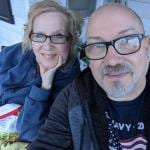
Support us on Patreon * The Desert Sanctuary Website
Photo by Keenan Constance from Pexels




